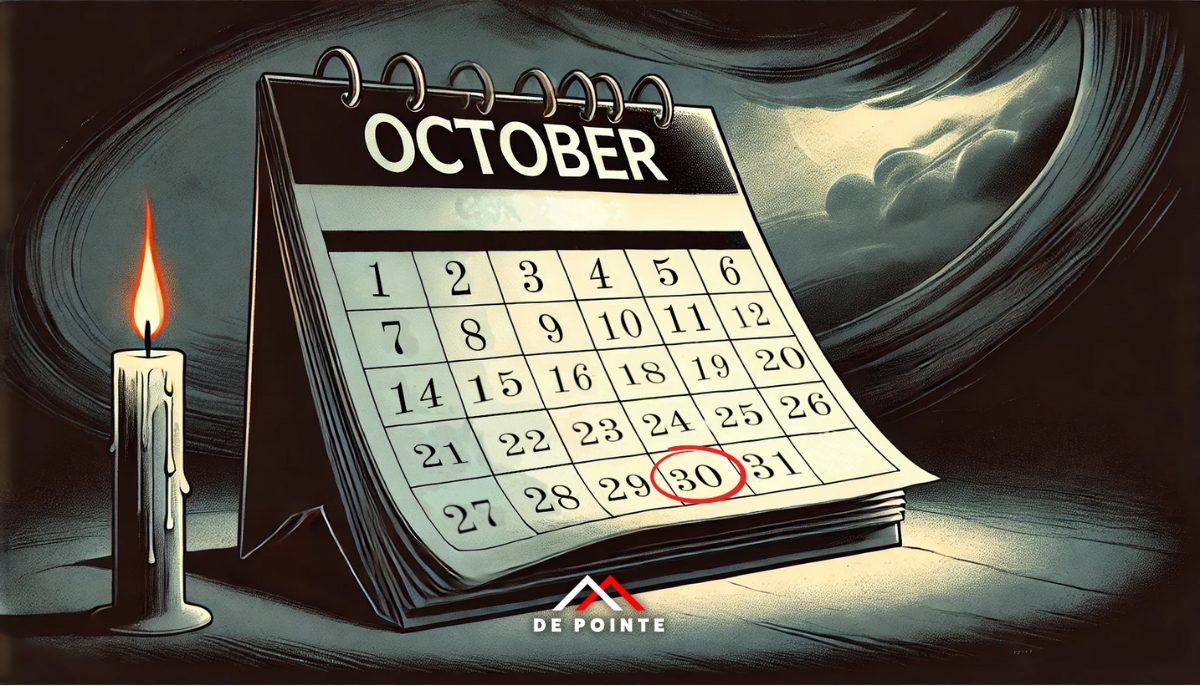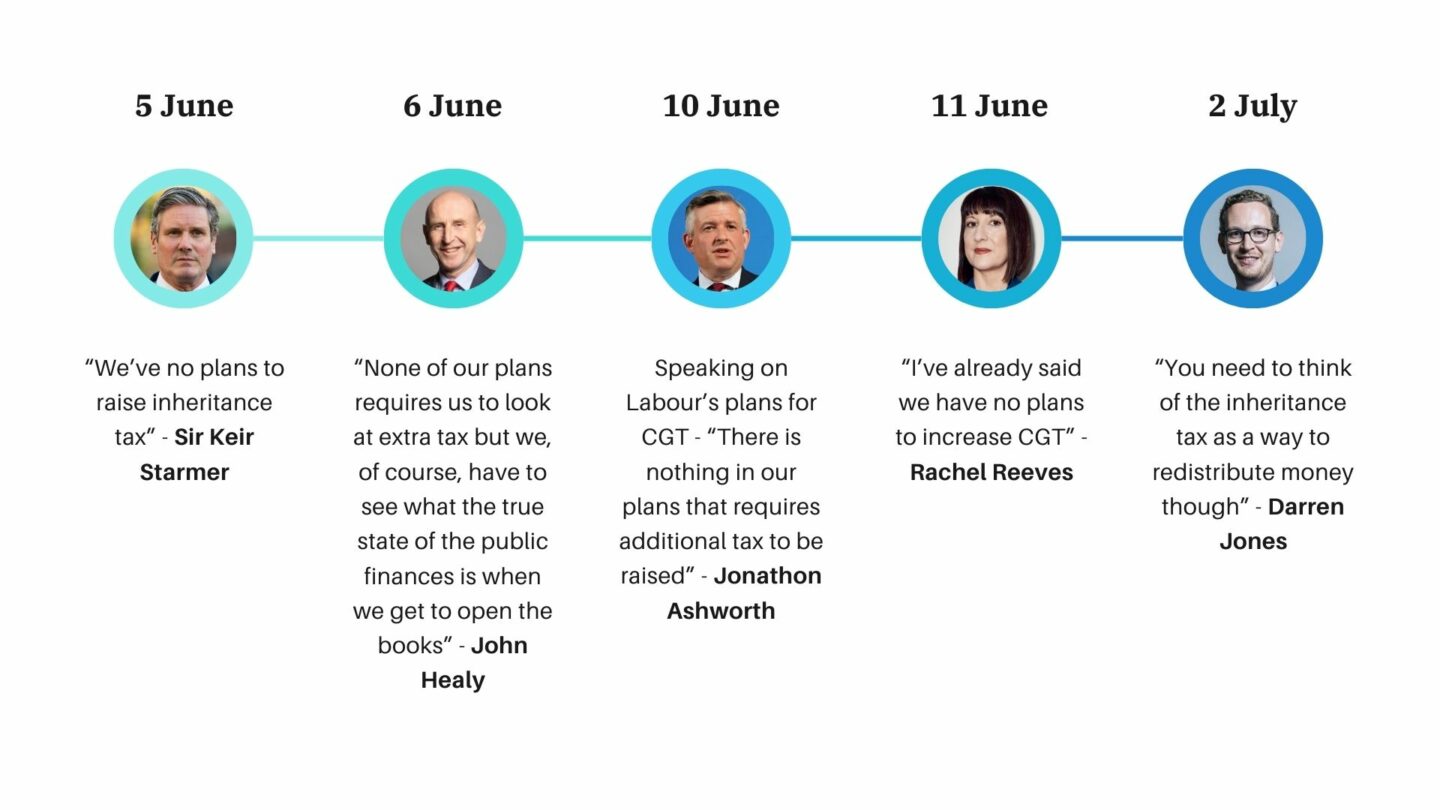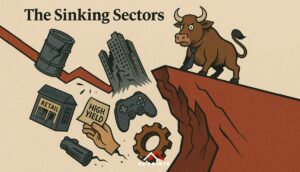Article

The final quarter of 2024 will bring with it a series of pivotal events that will have a tremendous impact on almost every market, from the first Labour Budget in over 15 years to the culmination of what has been the most rancorous election in US living history.
The US
US Monetary Policy will be under scrutiny during the latter quarter of 2024; Consumer Price Index updates are expected on the 10th, with experts forecasting that core inflation will remain stickiness, meaning that US inflation will likely remain above the Fed’s 2% target. While this is not perfect, it could lead to lower volatility in the stock market, as investors interpret a more stable inflation rate as a signal that the worst of the inflationary pressures are over, leading to more market optimism.
Staying in the US, November brings with it Election Night. The end of one of the most tumultuous Election Campaigns the world has ever been witness to, with two assassination attempts and mudslinging from all sides. Whichever candidate comes out victorious, investors will need to adapt to the differing regulatory, tax and trade environments that each administration will cultivate. Should the US see a Republican victory, investors should consider the benefits that Fossil Fuels and Energy will enjoy in the form of deregulation and policy, while defence and industrial sectors will likely see increased spending. Alternatively, it should be noted that trade-sensitive industries dependent on global trade, such as tech, auto and agriculture, may be impacted by increased geopolitical instability.
In the case of a Democrat victory, Healthcare and Pharmaceutical Industries may likely be impacted by increased legislation and regulatory scrutiny, which could restrict profit margins; however, increased healthcare funding could boost certain segments. Green investments will likely be further favoured, with Harris poised to prioritise environmental efforts.
The UK
Across the pond in the UK, the much-feared Autumn budget looms imminently scheduled for the 30th of October, with many investors dreading the implications of Reeves’ first budget. We have covered this in-depth in another article here, but in summary, the budget could see Capital Gains Tax being raised in line with income (which will cause investments such as Gold, which is CGT-exempt in some forms, to surge in popularity). In addition, many senior Labour members have been quoted discussing the merits of redistributing money through Inheritance Tax and making amends to Business Relief in IHT.
Many of these potential changes will have a momentous impact on the economy and investors. An end to Business Relief could cause an exodus from the assets that offer benefit from the scheme, prompting a mass selloff on the AIM, a topic we cover here. We are already aware of many people taking profits on their investments ahead of the budget to avoid the bite of an increase in capital gains. This could also lead to an influx of investment into CGT-exempt opportunities such as Gold, EIS, and SEIS.
In November, the Bank of England’s Monetary Policy Committee (MPC) will announce the next interest rate decision. The MPC will likely remain steadfast in their cautious approach and keep rates steady at 5%, prioritising keeping inflation under control. However, rate cuts are not out of the picture for the December decision or early 2025. This cautious approach may keep mortgage rates high, slowing the housing market and consumer spending. While fixed-income investments remain attractive due to higher yields, growth sectors and real estate stocks may face pressure from elevated borrowing costs. A stronger pound could also impact UK exporters negatively. Investors should remain vigilant for potential rate cuts, which could cause market shifts.

Globally
Internationally, tensions are reaching a fever pitch in the Middle East, and the Russo-Ukraine war shows no sign of slowing. Geopolitical conflicts significantly impact volatility in the stock market; however, as the conflict continues, the markets tend to stabilise, and risk becomes incorporated into the price. Nonetheless, as new developments arise, there is always the risk that further escalation could force markets back into volatility. Furthermore, both wars are located in oil hotspots, which has and may continue to impact both oil prices in the commodities market and prices in the energy sector.
In light of geopolitical crises, many investors wisely store their wealth in so-called “safe-haven” assets. These asset classes are uncorrelated from mainstream markets and, therefore, tend to be safe from excessive volatility. Typically investors flock to safe-haven assets such as Art or Gold due to their reputations as stores of value and thus often fare incredibly well during times of crisis. There is undoubtedly a correlation between War, Art and Gold.
In all, investors should remain vigilant in the latter quarter of this year, conduct thorough research, and keep abreast of the latest news. To stay up to date with the latest, subscribe to De Pointe Research today.





